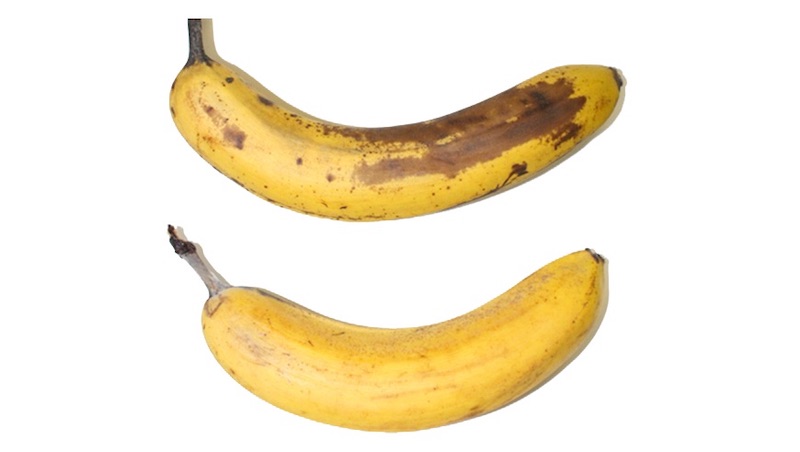
Researchers at Empa, a Swiss materials research organisation, have developed a protective cellulose coating for fruit and vegetables. The coating is made from pomace, a substance that can be extracted from fruit and vegetable peels.
Empa researchers developed the coating together with the retailer Lidl Switzerland. The coating can be applied to fruit and vegetables to extend their shelf life.
Researchers have spent more than a year developing the coating. Tests done on bananas resulted in bananas staying yellow after ten days. Bananas without the coating went brown. The shelf life of bananas was extended by more than a week, significantly reducing food waste. “The big goal is that such bio-coatings will be able to replace a lot of petroleum-based packaging in the future,” says Gustav Nyström, head of the Empa lab.
The coating can either be sprayed onto the fruit or applied to the produce as a dip. In addition, it is easy to wash off. It is also harmless to the consumer and can be consumed without harm.
The time lapse video above shows how two cucumbers, one with the coating and one without it, deteriorate over time.
The cellulose layer will be tested and further improved over the next two years together with Lidl Switzerland and a fruit and vegetable supplier. The aim is to eventually rollout the new technology across all 150 Lidl stores throughout Switzerland.






